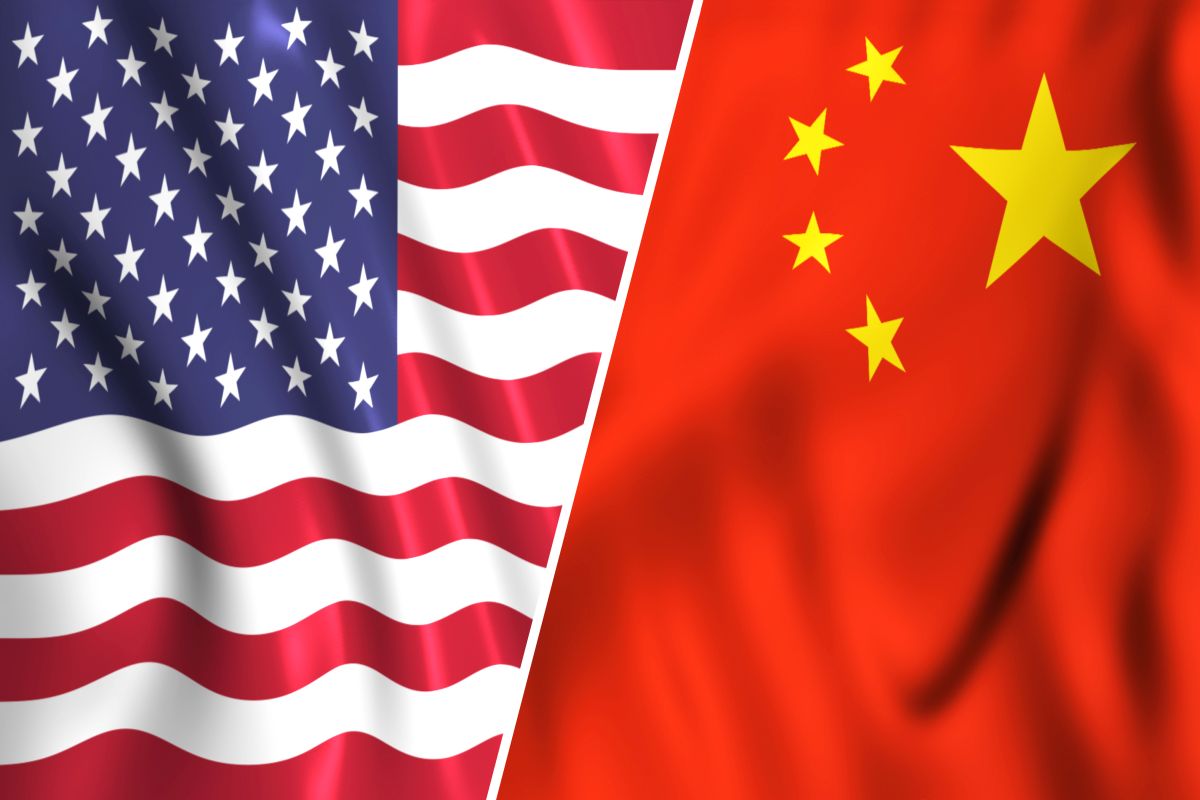Singapore Scholar: Going against the Flow, US ‘Zero-sum Economics’ Cannot Work
"Using market competition to develop and grow the manufacturing industry is not entirely unjustified, but the U.S.' ideologically and geopolitically motivated push to restore manufacturing using trade protectionist policies and 'long-arm jurisdiction' measures runs counter to the principles of the market economy," Gu said.
He argued that manufacturing companies attracted back to the U.S. by political mobilization and massive government intervention would find themselves unable to enjoy low costs and struggle to achieve economies of scale, and that their products would lack long-term competitiveness internationally. This would actually be detrimental to the development of the domestic U.S. industrial and supply chain.
According to Gu, not only are such practices unconducive to market participants' giving full play to their comparative advantages, thus reducing costs and maximizing profits — but they also lead to chaos in global industrial and supply chains, causing production costs to rise sharply and jeopardizing companies' sustainable development.
"Since the turn of the 21st century, many U.S. administrations have tried to revitalize the American manufacturing sector, but U.S. manufacturing output as a proportion of GDP has been declining. The revival of the manufacturing industry depends fundamentally on establishing a comparative advantage: Political methods and industrial subsidies serve only to slow the decline of U.S. manufacturing — they cannot do much to change the predicament it is in," he said.
Economic globalization has led to a deep integration of industrial and supply chains between the U.S. and China, Gu explained, and China's mature manufacturing industry provides American consumers with ample and affordable products. "Decoupling from China through political means will push up the cost of production and living in the U.S., which is not good news for its inflation control.
"In today's world, the development of sophisticated high-end manufacturing necessarily relies on a supply of semi-finished products from the global industrial chain. Once decoupled from China, American companies will be deprived of the supply of such semi-finished products, causing high costs for U.S. manufacturing and reducing companies' profit margins. At the same time, the large subsidies provided by the U.S. government for decoupling purposes will also inhibit the creativity of American companies, which, in the long run, will reduce their competitiveness in the market," Gu said.
Gu pointed out that each economy has the autonomy to develop its own industry and can give full play to its comparative advantages under fair market competition, thereby achieving economic development. But today, the U.S.' continued violation of the principles of fair competition and promotion of zero-sum economics are contrary to the consensus on global peace and development.
U.S. zero-sum economics is also a cause for concern for other countries and regions. "ASEAN countries' economies are characterized by a high degree of openness, and promoting modernization through mutually beneficial cooperation is an important development strategy for them. But American zero-sum economics and decoupling will inhibit their openness to the world, preventing them from making optimal use of global trade and investment resources and making it difficult to maximize their comparative advantages. In turn, this will affect their economic progress and modernization processes," Gu said.
The U.S. is an export market for many Association of Southeast Asian Nations, Gu argued, and as it continues to pursue trade protectionism in defiance of common global interests, ASEAN countries should strengthen regional coordination, reduce their export dependence on the U.S. market and promote the diversification of economic and trade cooperation through efforts such as ASEAN integration. This will offset the risks to development posed by decoupling and allow ASEAN countries to move toward modernization on a more stable and healthier footing.
"Development is the greatest consensus in the world, so it is only right and proper to solve the problems we face and achieve worldwide prosperity through global cooperation," he said.

